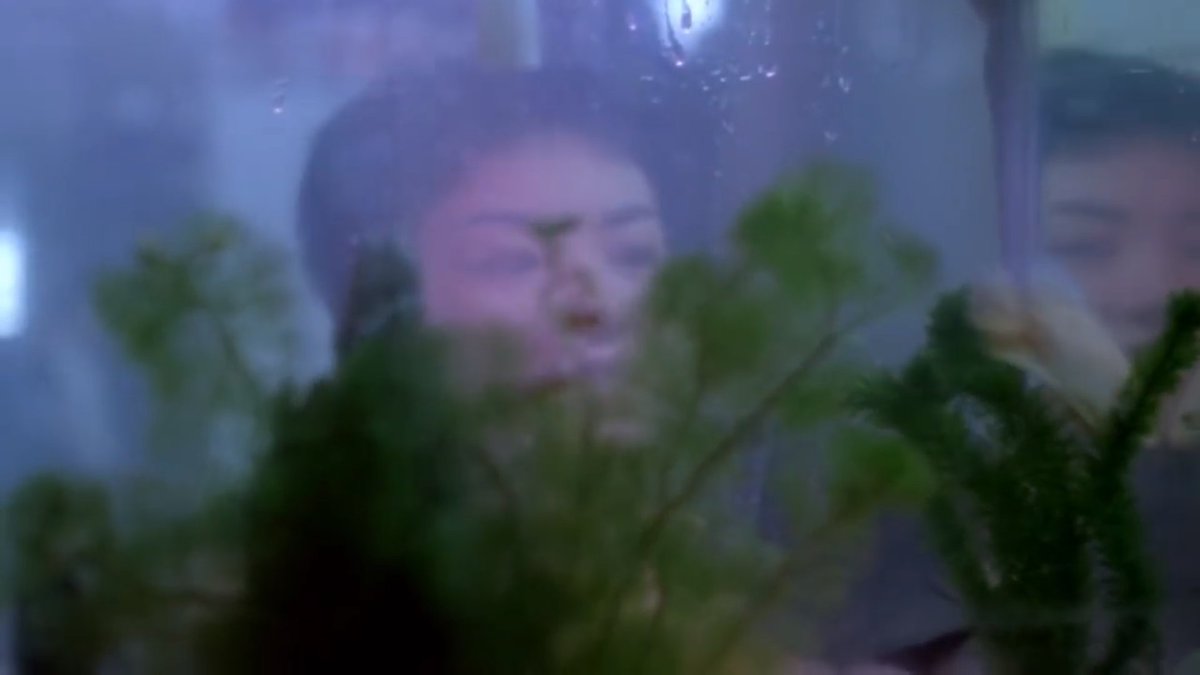
His first, As Tears Go By, was a really typical late 80s Hong Kong gangster movie, that, despite some interesting shots, didn't quite work. Days is his second film, and the first one I would really consider a Wong Kar-Wai film. CD.Yesterday, I watched Wong Kar-Wai's Days of Being Wild for the second time. “California Dreamin’.” If You Can Believe Your Eyes and Ears. “Dreams.” Everybody Else Is Doing It, So Why Can’t We? Island, 1993. The viewer understands the film’s many facets of meaning when closely inspecting the carefully selected songs in the movie’s second half.Ĭranberries, the. Indeed, Kar-wai’s film is multilayered, focusing on both the personal and the political. Overall, the soundtrack of Chungking Express sheds light on the character and mindset of Faye, as well as on the state of Hong Kong at a particular moment in the period of its history as a colonized territory. Kar-wai likens the British imperialist conquest of Hong Kong to the invasive presence of the industry and lifestyle icons of the United States, and he connects Britain and the United States in the minds of the viewer by showing their capabilities for pervasive influence among the colonized people of Hong Kong. It is true that “Britain (held) Hong Kong as a colony until 1997,” so this 1994 film takes place within a postcolonial context. The fact that Hong Kong culture has been supplanted by the songs and icons of western life provides a political dimension to the film, and it implies a critique of imperialism on the part of director Wong Kar-wai. Faye has come to associate California with a kind of romantic, dreamlike paradise because the constant presence of American culture has likely made her dissatisfied with life in Hong Kong. “California Dreamin’” is part of this western cultural invasion. Characters are surrounded by several American icons in the film, including Coca-Cola, Garfield, Snoopy, Pound Puppies, and Felix the Cat. No one in the film vocally acknowledges this aspect of Chungking Express, but the presence of western culture makes itself known constantly. The music in the film works in a more implicit way as well. We get a real sense of how deep the couple’s love is when we realize that their romance overshadows California in Faye’s mind. This ending scene of their reunification is strengthened by the fact that “California Dreamin’” plays constantly in the scenes preceding it, re-emphasizing how much Faye loves California. The fact that she returns from California to link up with the cop implies that she is more in love with him than she is with California. One might be inclined to think, since Faye is so obsessed with the idea of California, that she might stay there for good once she leaves Hong Kong. The song’s opening observation of “All the leaves are brown / And the sky is grey…I’d be safe and warm / If I was in L.A.” implies a disillusionment with life in Hong Kong (The Mamas and the Papas). The song naturally re-establishes Faye as an idealistic figure, since she thinks constantly of other places she would like to go and other lives she would like to live. Of course, one cannot discuss Chungking Express without talking about “California Dreamin’” by The Mamas and the Papas, Faye’s favorite song, which plays repeatedly throughout the film’s second half. This eccentric worldview is seen throughout the film’s second half, but it is perhaps most obvious during this apartment cleaning montage, since it is accented by the Cranberries’ song about a dreamlike romantic relationship. Faye does not think about the consequences of breaking and entering into a cop’s apartment, and sees it as a purely romantic gesture. The song’s title, “Dreams,” illustrates Faye’s idealistic (and often unrealistic) view of reality.



An ominous musical score plays throughout the first half, giving us a sense of the suspense and danger at hand when the mysterious girl crosses paths with the idealistic He Qiwu, but the second half contains concrete examples of Wong Kar-wai’s ability to use music to convey the traits of his characters and the political climate of his setting.Īctress Faye Wong’s cover of “Dreams” by the Cranberries plays during the scene when Faye invades and cleans the cop’s apartment. Popular music figures heavily into the viewing experience of Wong Kar-wai’s 1994 romance Chungking Express, particularly in the second half of the film, which concerns the relationship between the cop and Faye.


 0 kommentar(er)
0 kommentar(er)
